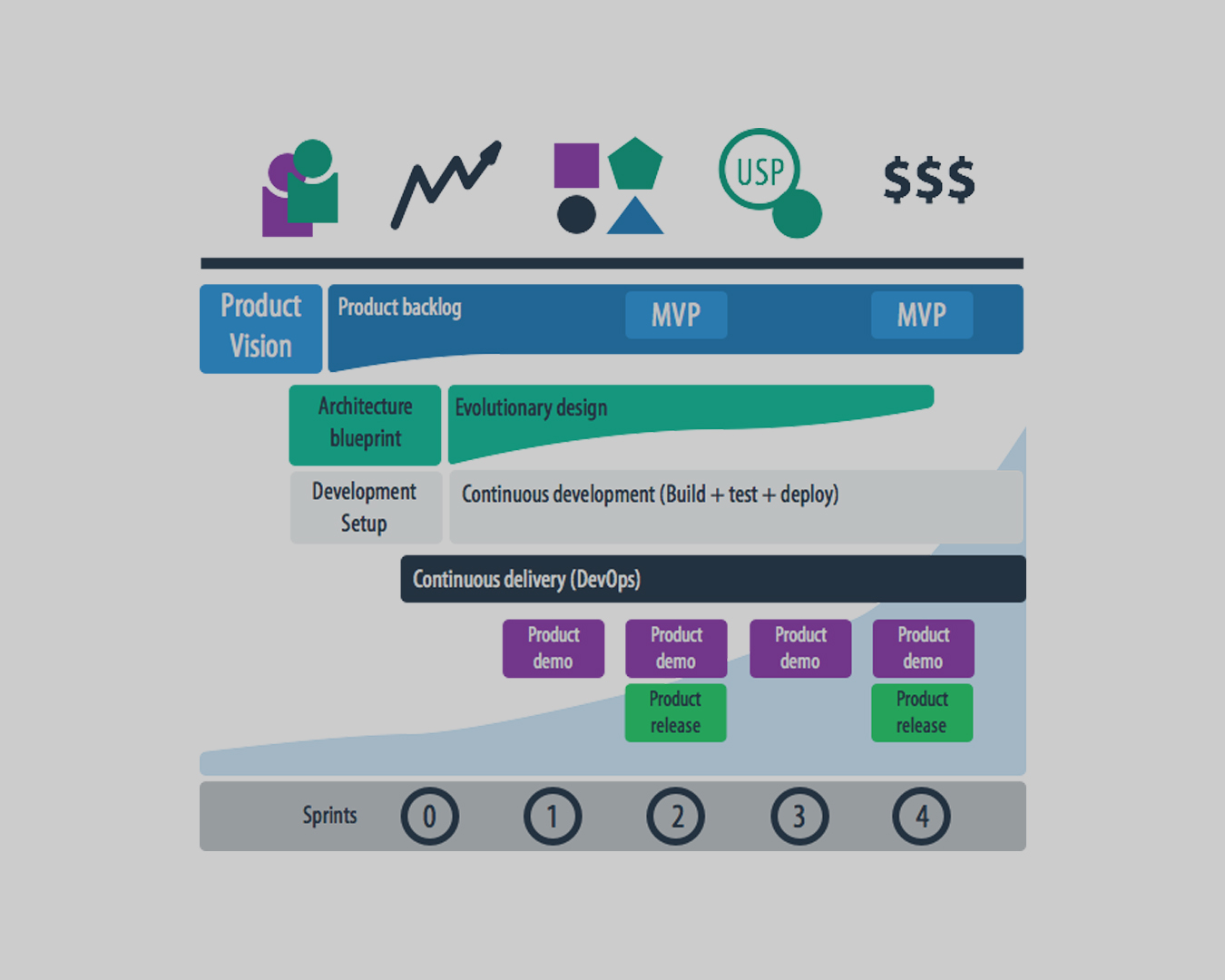I have put together few important questions we often get from our customers who are product companies, e-commerce companies or enterprises. There are some arguments against outsourcing of product development. If you take care of the below facts, you can avoid the wrong partners and choose the ones who are best suited for product development.
1. If I give my product idea, how do you work alongside me till I launch it in the market?
Here you evaluate the partner’s capability to conceptualize the idea, make it into wire-frames and visual aids, define the MVP (minimum viable product), as well as their capability to use rapid development technology frameworks that aid quick and iterative deliveries. The capabilities to enable cloud, and mobile channels are important in today’s market. Do not forget to ask them to cite details of how they facilitate all these.
2. How do you ensure product/code quality?
Quality is much more than a bunch of metrics and processes. The real asset that is handed over to the customer is the ‘code’. The capability to make clean code is essential. The usage of code quality tools, continuous integration practices, test automation practices combines with the code quality metrics should convince you about the product quality. Do not get into the trap of buying into the classic testing approach.
3. How do we work together in a distributed and collaborative manner across time-zones?
The usage of right agile infrastructure is highly important. Collaborative project management and work allocation tools, product backlog practices, document repositories that facilitates sharing and collaboration, video and audio tools that aid group meetings and seamless distributes development – all of these are highly essential. Apart from these, the real collaboration that happens is on the code base. The practices like continuous integration and the discipline around that should ensure complete collaborative development.
4. How do you provide me complete transparency in people and progress?
Gone are the days when the offshore team was hidden behind a project manager and the customer was unaware of who was working in their projects. In modern off-shoring, the customer keeps high level of interaction with the team, and the team members are empowered to ask questions and interact with the customer representative. Make sure your potential partner has the willingness to expose their team members and the real-time progress of the project by giving you access into the code repositories and code quality tools.
5. How do you protect my IP?
There are instances where the development partner has locked in the customer with their proprietary framework or taken ownership of the product’s IP or taken the IP to launch competitive products. When you chose a partner, make sure that their role is only to make the software and hand the source code over to you and you remain the sole owner of the intellectual property. The contract should be drafted to cover these clauses.
Author
A seasoned tech leader with 20+ years of experience, Nisha drives global business development and client relations at People10.


